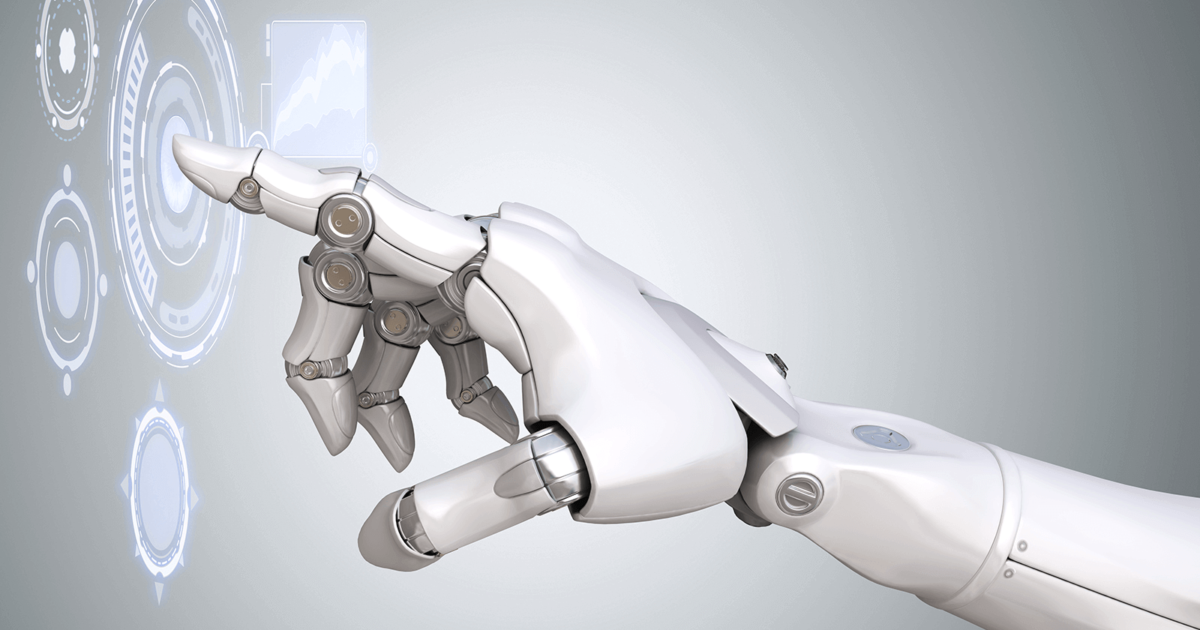Two-thirds of non-digitized markets will be gone by 2022—researches say. Nowadays all respective enterprises tend to digitally transform their companies in an accelerated manner. Every CEO understands the risks underneath these conditions and tries to make the most out of the newest market predictions.
We’re starting a series of articles devoted to the market trends where you will be able to find the newest statistics and exciting predictions. This can be seen as clear guidance for those who seriously takes the expanding possibilities of innovative approaches and technologies persistently knocking on our doors. You can use it while planning your business perspective or just willing to be aware of the latest developments.
Who should care: startup founders, CTO, business developers, and all interested ones
Main points
- AI at enterprise solutions will deliver approximately $52b in revenue by 2021
- 30% of enterprises will use conversational speech tech for customer engagement by 2022
- more than 50% of security alerts will be processed by AI-powered automation by 2022
- ⅓ of screen-based apps will be replaced by AI-driven UIs by 2024
- the AI market is predicted to attain a compound annual growth rate (CAGR) of 36.62% within the next years up until 2025
- on average each healthcare organization will make a $32.4 mln investment over the next 5 years and 91% of 500 healthcare experts expect to see the positive ROI in just 4 years if not sooner
- 2.5 mln of US banking, investment and insurance services employees face AI with potential cost exposure of $490 bln in distribution, $350 bln in middle office and $200 bln in manufacturing
- AI developers will take 40% of app development projects at a minimum by 2022
We have gathered the most exciting predictions from various researches and are willing to share with you how much AI-driven development may change the way enterprises will operate in the years immediately ahead. Let’s see what the future holds!
AI market potential

The artificial intelligence niche is predicted to show significant growth in more than 9 times within the coming years up until 2025—from $21.46 bln to $190.61 bln. This is due to the latest global research of MarketsandMarkets.
What drives the market is a combination of several factors: big data expanding, cloud-based technologies increasing adoption and ever-growing demand for smart virtual assistants.
Here’s where artificial intelligence will make its greatest impact during the foreseen period of time:
- services
With the ever-increasing demand for AI-powered apps, there will be more and more companies who are willing to integrate AI into their systems and software to provide better support for their clients. Therefore more complex algorithms will be implemented along with the need to perform deployment, maintenance, integration and support services from certain AI experts.
- manufacturing
Certain processes like data amount growth from the manufacturing chain have led to the need for AI-powered data analytics performed specifically for the manufacturing end-user industry.
- North America as the largest shareholder
Having sophisticated software development companies with AI services in their arsenal, it’s no wonder that North America is seen as a market leader. Here people are more aware of the benefits AI holds, therefore, this region continuously becomes the early adopter of such innovations.
- APAC region increasing adoption
The more and more applications of NLP and deep learning technologies in various spheres the more popular artificial intelligence becomes in this part of the world.
AI-powered user interface
According to the IDC FutureScape research, AI services tend to become the most transformational within just a couple of years.
With the ever growing popularity of natural language understanding (NLU) being implemented into the smart assistants presented by such giants as Apple, Microsoft, Amazon, etc. we are now witnessing the start of AI-driven UIs era. Therefore one-third of existing screen-based apps are at risk of being replaced by AI-enabled interfaces and process automation by 2024.
Combination of NLU, AI, search, analytics, speech, and translation technologies have all the inputs to heavily transform the interaction between people and computers. It has the potential to simulate human-to-human conversations which establishes a great opportunity for the enterprises. As predicted, 30% of enterprises will use conversational speech tech for customer engagement.
Security alerts automation
With artificial intelligence technologies in combination with other innovative approaches, it will be possible to keep the pace of the ever emerging network security threats. More than half of the time that humans spend on the risks management activities will be performed by the technologies.
Healthcare transformation

Healthcare experts see the huge potential of artificial intelligence being applied to healthcare sphere. 91% of 500 the most prominent specialists expect to receive a positive return on investments within just 4 coming years. While some employers predict that to happen even faster.
These expectations result in an estimated $32.4 mln investments per organization over the next 5 years on average—OptumIQ survey states. Some see it as a point of no return in the tendency of AI pervasive implementation.
In the early stages, the focus is on processes improvement (43% of those who already invest in and implement AI), dealing with superfluous (36%), monitoring patients via wearable devices (31%), and maximizing the positive outcomes. In the long run, AI adoption forms a tendency for more accessible healthcare treatment and improved patient experience, more precise diagnosis and enhanced effectiveness. Additionally, it is expected to lower the total care cost.
What about plans? 75% of organizations are already in the phase of planning or already implementing AI. Furthermore, 22% of AI implementations are at the finish line of full deployment.
Reshape of the financial services industry
Artificial intelligence targets at a fundamental change of current financial services cost structure estimated at more than $1 trillion, according to Kensho’s analysis. That may affect financial companies across the globe mainly in the implementation cost reduction by around 20%.
The front office (distribution) will experience the incorporation of financial information and account processing via virtual assistants. They may conduct human-like conversations with both customers and firm staff.
In the middle office, operations get more comprehensive. Therefore there’s a need for a real-time, artificially intelligent supervision, KYC risk screening, and management.
There are numerous applications of AI in the back office (manufacturing) of each financial services industry. For banking, new data types may be used while providing a credit risk establishment. Insurance may benefit from machine vision that is applicable for evaluation of underwriting risk and claims damage. Investments may be done using alternative findings along with human decision making.
AI expertise growth
With the ever-increasing implementation of artificial intelligence technologies, the demand for AI talents is also rising. Already a limited amount of qualified professionals in the sphere is a matter of concern.
92% of business owners are on the same page when it comes to the decision of hiring experienced AI developers. Around 50% agree that over 30% of new staff will be in a way engaged in AI implementation. It resonates with the results of the Gartner research: around 40% of new app development projects will require AI experts by 2022.
Conclusions
AI-driven development uses the best practices for artificial intelligence adoption both into the development tools and the apps itself. The fruitful cooperation of data scientists and app developers will bring the most benefits within AI-powered solutions.
As of now, there is a limited number of highly qualified AI professionals. Therefore we advise you to choose carefully in order to receive truly innovative and prominent solutions enhanced by the artificial intellect.






